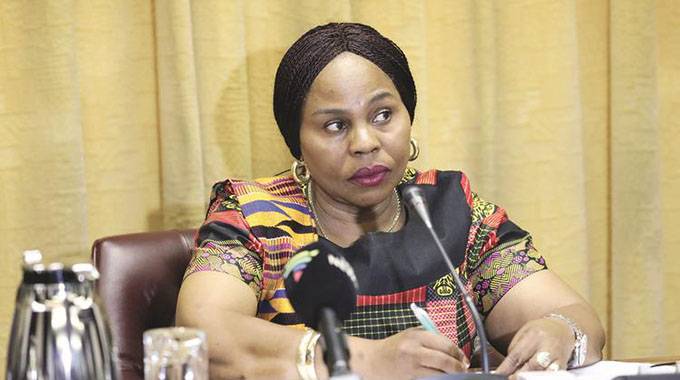Experts discuss AfCFTA
With Covid-19 having forced postponement of the launch of the African Continental Free Trade Area (AfCFTA), the continent’s thinkers met this week to discuss its coming implementation.
Trading under the AfCFTA is now scheduled for January 1, 2021 having been postponed from July 1, 2020 owing to Covid-19.
AfCFTA, through its main goal of integrating African economies, will put African economies on a better footing.
AfCFTA will be the largest trade agreement as it promises to create a continental trade bloc of 1,3 billion people and a combined Gross Domestic Product (GDP) of US$3,4 trillion.
The African Capacity Building Foundation (ACBF) this week hosted the 7th Africa think tank summit. ACBF is the African Union’s specialised agency for capacity development.
The two-day virtual summit was running under the theme: “Implementing the African Continental Free Trade Area (AfCFTA) Agreement: Assessing Country Readiness and the Implications for Capacity Building”.
ACBF executive secretary, Professor Emmanuel Nnadozie, said the AfCFTA represented a major opportunity to help African countries diversify their exports, accelerate growth, increase intra-African trade, attract foreign direct investment, create jobs through value addition and to build back better.
“There is therefore, a need to find solutions to put the AfCFTA back on track, accelerate its implementation and deliver on the promises.
“Hence the aim of the summit is to provide a platform for African think tanks and other key stakeholders to engage in a high-level deliberation on the most effective ways of addressing the capacity challenges facing the implementation of the AfCFTA; to accelerate its implementation and enhance country readiness in implementing and benefiting from the Agreement, especially in light of the Covid-19,” he said while officially opening the summit.
Although several African countries lack significant industrial capability, experts agree that to be able to take advantage of opportunities that will be created by AfCFTA, these economies must work on improving their productive capacities so as to meet the new demand.
In his remarks Professor Benedict Okey Oramah; president and chairman of the board of directors at the Afreximbank, represented by Dr Hippolyte Fofack; chief economist and director for Research & International Cooperation Department at Afreximbank said the AfCFTA had the potential to transform African economies and boost intra-African trade.
Professor Kevin Chika Urama, senior director at the African Development Institute of the African Development Bank Group said the think tank summit had come at an opportune time when the African continent is in the process of coming up with policies to achieve growth and “build back better post Covid-19.”
“This is a clarion call for Africa to accelerate the implementation of this agreement to be able to achieve the great implications of trade for development, said Prof Urama.
The summit saw participants discussing various topics, among them: understanding the implications of the Covid-19 for making AfCFTA a reality; exploring the critical determinants of country readiness in implementing the AfCFTA; identifying key capacity issues facing the implementation of the AfCFTA at the continental and country levels; building the capacity of frontline state actors and institutions to effectively drive the implementation of the AfCFTA.
Other topics included: building the capacity of SMEs as a driving force for success in the implementation of the AfCFTA; the role of think tanks in supporting the implementation of the AfCFTA and establishing partnerships and co-ordination mechanisms to enhance country readiness.
The 7th Africa think tank summit saw participants calling for increased funding of African think tanks for the continent to draw value from their expertise.–herald.dl.zw









